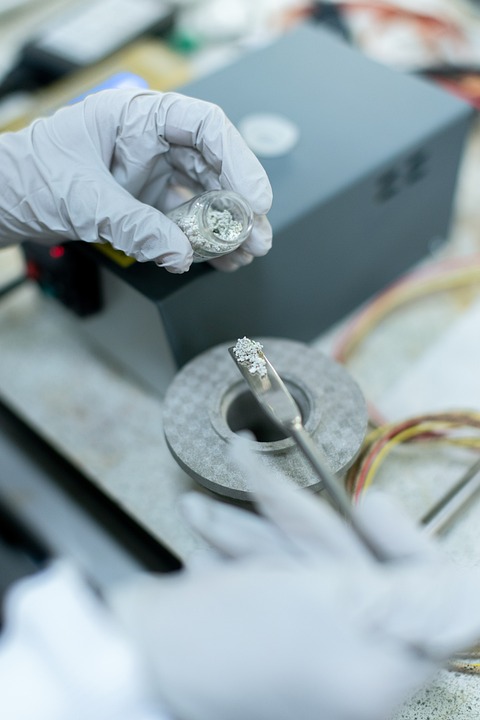Crafting an Impressive Chemical Engineer Cover Letter: Key Tips for Success
When it comes to landing a role in chemical engineering, a well-crafted cover letter can be your golden ticket. This document isn’t merely a formality; it’s an opportunity to showcase your unique skills, experiences, and personality to potential employers. A strong cover letter can set you apart from the competition in a field where technical abilities are often taken for granted. Here are several essential tips to ensure your cover letter stands out.
1. Tailor Your Introduction
Your opening paragraph should not just state your intention to apply; it must captivate. Mention the specific position you’re vying for and the company’s name right off the bat. A personalised touch demonstrates your genuine interest. For instance, if you’re applying for a role at a company renowned for its innovative approach to sustainable energy, highlight your passion for green technologies and how your background aligns with their mission.
2. Showcase Relevant Experience
Dive into your professional history, but do so strategically. It’s tempting to list every job you’ve had, but focus on the roles that are most relevant. If you’ve worked on a project that involved process optimisation or chemical safety, describe your involvement in a way that highlights your problem-solving skills. Use quantifiable achievements—like “improved yield by 20%” or “reduced waste by 15%”—to provide concrete evidence of your capabilities.
3. Demonstrate Technical Proficiency
As a chemical engineer, your technical skills are paramount. However, it’s not enough to merely list them. Illustrate how you’ve applied those skills in real scenarios. Did you design a process that was implemented in a production line? Were you involved in a team that developed a novel chemical compound? Use specific examples to paint a vivid picture of your expertise. This not only showcases your qualifications but also demonstrates your ability to apply knowledge practically.
4. Emphasise Soft Skills
While technical skills are vital, soft skills can often tip the scales in your favour. Teamwork, communication, and adaptability are crucial in engineering roles. Perhaps you led a team project or facilitated a workshop to improve communication among departments. Share anecdotes that reflect these qualities, demonstrating that you’re not just a brilliant engineer but also a collaborative and effective team member.
5. Close with Confidence
Your closing paragraph should resonate with assurance. Reiterate your enthusiasm for the position and the unique contributions you can bring to the company. Instead of a generic “I look forward to hearing from you,” consider a more engaging finale that reflects your proactive nature. For example, “I am eager to bring my expertise in process engineering to your innovative team and contribute to groundbreaking projects at [Company Name].”
By weaving together these elements, your cover letter can transform from a simple application into a compelling narrative that draws the reader in. Remember, the goal is to convey not just your qualifications, but also your passion for the field and your eagerness to contribute to the company’s success.
In the ever-evolving landscape of chemical engineering, a well-structured cover letter can significantly enhance your chances of securing an interview. CVPortal continues to provide you with a plethora of high-quality CV examples, ensuring you have the resources you need to succeed in your job search.


